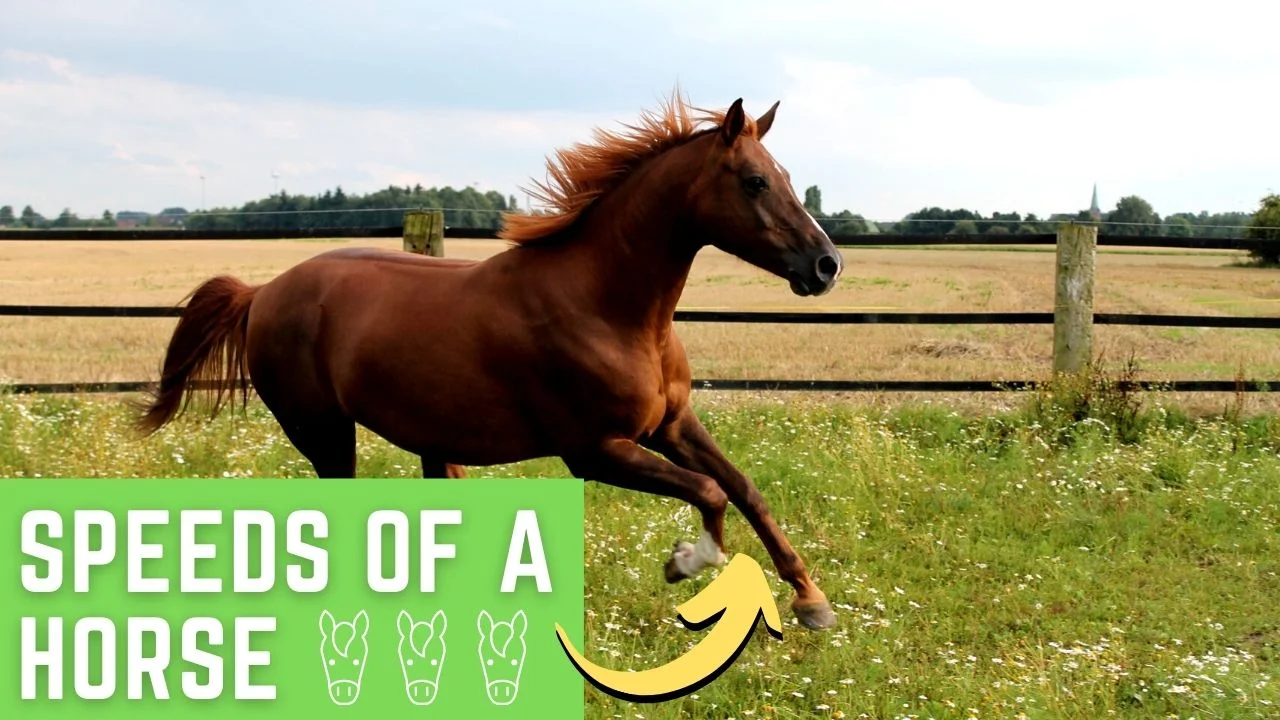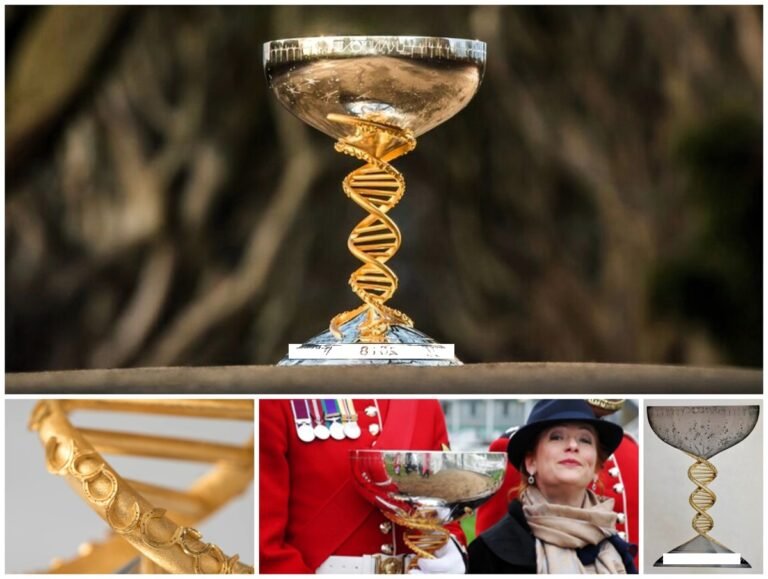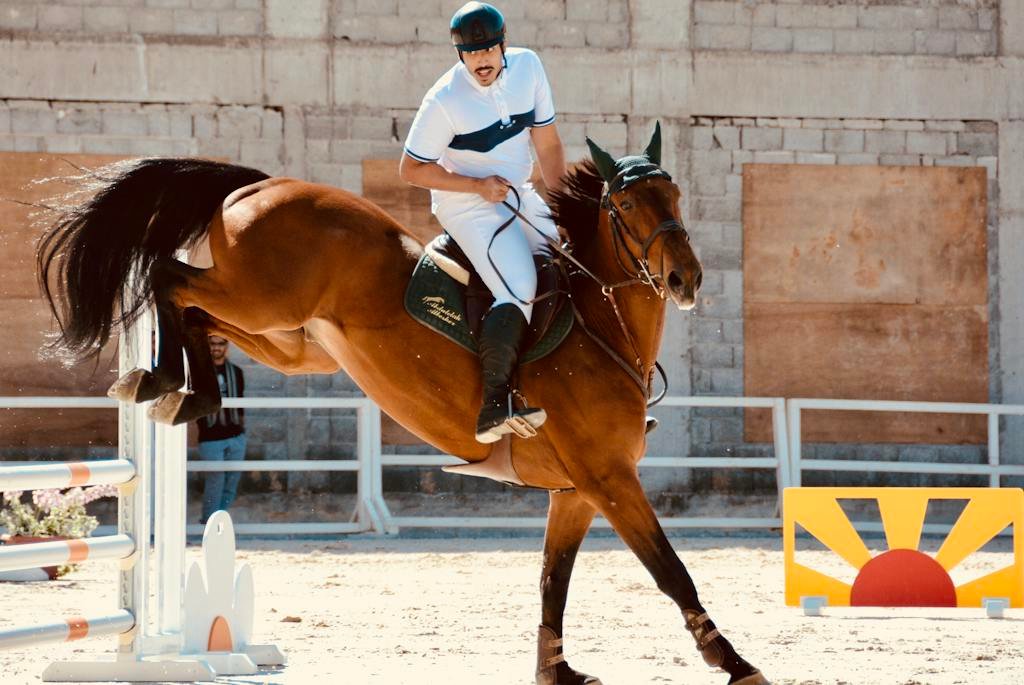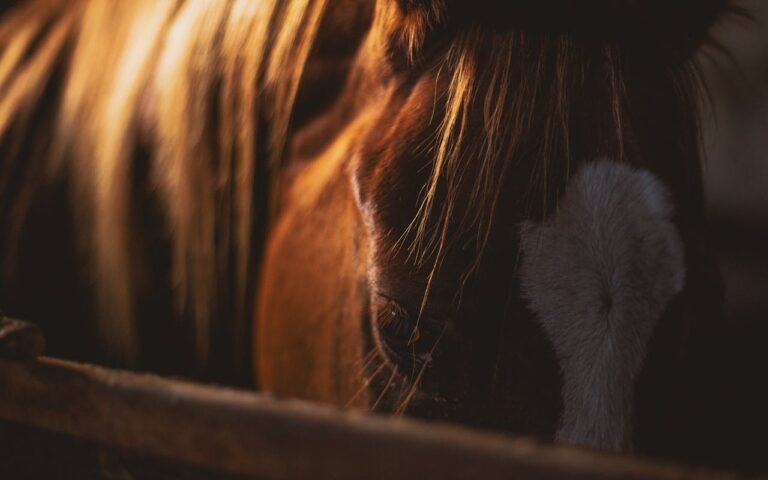The Ultimate Guide to How Fast Horses Can Run

There are many things that people don’t know about horses. Something about the sight of a horse running is genuinely breathtaking. It’s no wonder that these animals have been used for racing for centuries. Others may not realize that racehorses only start their ultimate guide to how fast horses can run at a racing career at a certain age, and they eventually retire from racing and go on to other careers.
In this article, we will explore all aspects of horse speed and answer questions such as – how fast can horses run with a rider? how long can a horse run at full speed? what determines their speed? and more! We’ll also take a look at some of the fastest breeds in the world, such as quarter horses, thoroughbreds, standardbreds, and Arabian horses.
This article will also discuss several other aspects you might be curious to know, including the starting age for horse racing, when they retire, and where they go. So whether you’re a horse lover or want to learn more about these fantastic creatures, keep reading!
Why Are Horses So Fast?
Before we even go into our topic of discussion, we’d like you to understand why horses are so fast. Naturally, horses are prey to multiple predators in the wild. This forces the animals to adapt and easily outrun the predators. Consequently, humans captured and bred horses to benefit from their speed.
They used them as an early mode of transportation. Gradually, horse breeds began to emerge, with some growing larger to help work in the fields and pull heavy weights while others grew stronger and faster to become the racehorses we all love today.
How Long Can a Horse Run at Full Speed?
There are four types of horse speeds. These include;
- Walk
- Trot
- Canter
- Gallop(full speed)
The standard distance that any horse can run at full speed is around two to three miles (3.2 to 4.8 km). However, horses can run for longer distances when running at other horse speeds apart from full speed. How long a horse can run at full speed depends on several factors, such as the horse’s breed, age, and fitness level. For example, a young Thoroughbred horse in good condition can sprint at full speed for about a minute without tiring, whereas an older horse of the same breed may only be able to run at full speed for about 15 seconds.
On the other hand, Standardbreds are known for their endurance and can maintain a speed of around 30 miles per hour for several miles. So, as you can see, many variables come into play when determining how long a horse can run at full speed. Besides the age and breed, the fitness levels will also be crucial to how long a horse can run at full speed.
While quarterhorses are some of the fastest horses in the world, an unfit quarterhorse will struggle to maintain its full speed for long periods. On the other hand, a conditioned and fit Arabian horse can run at full speed for sustained periods.
How Fast Can Horses Run With a Rider?
Now that we know how long horses can run, let’s find out how fast horses can run with a rider. The world record for the fastest speed ever recorded from a horse is held by Winning Brew, a Thoroughbred racehorse who ran at the Penn National in 2008. He clocked in at an impressive speed of 43.97 miles per hour! However, this is not the norm for all horses.
The average speed that a horse can run is between 30 and 40 miles per hour. But this will differ from one horse to another, depending on various factors such as age, breed, and fitness levels, as we’d pointed out earlier.
How Fast Can Horses Run Without a Rider?
Logically, a horse will run faster without a rider, but this isn’t the case since they don’t push themselves to the limit. A horse will coast at about 25 to 30 mph without a rider.
When Do Racehorses Start Their Racing Career?
Most racehorses start their racing careers when they’re around two years old. This is because, at this age, their bodies are fully developed, and they’re less likely to get injured during a race. Nevertheless, some horses may start racing when they’re 18 months old, while others may not race until they’re three years old. It all depends on the horse’s development and readiness for racing.
While it’s normal to have two-year-old horses racing today, horses had to be at least five years old before racing. Luckily, today’s technique, nutrition, and training knowledge help keep the horses healthier and stronger than before.
When Do Horses Stop Racing?
A horse’s racing career usually ends when the animal is five to seven years old. Like humans, a horse’s performance begins to decline with age. Some may retire earlier, while others may race for a few more years before finally hanging up their horseshoes. It all depends on the horse’s health and how it’s performing.
While the decision is on the horse owner and the racehorse’s health, some racecourses have strict age limits that help safeguard the horses. On most race tracks, a horse will be allowed to race until they are 12 years old,
What Happens to Racehorses After They Retire?
When a horse retires from racing, its owners have a few options. Some may choose to keep the horse and use it for breeding, while others will sell the animal at auction. Some may also take the horse to an animal farm where they are retrained to become everyday pets. It’s estimated that about 20,000 racehorses retire from racing each year in the US alone.
Unfortunately, with such many retired animals, there are not enough homes for all of them. As a result, many ex-racehorses end up being neglected or abandoned, but many non-profit organizations are working to curb the issue.
Which Horse Breeds Are the Fastest?
Now that we know how fast horses can run and how long they can maintain their speed let’s take a look at some of the fastest horse breeds in the world.
- Quarter horses are some of the fastest horses over short distances. They can run up to 55 mph for quarter-mile sprints.
- Thoroughbreds are known for their speed and endurance. They can reach up to 40 mph speeds and maintain it for a mile or more.
- Standardbreds are another popular racing breed that can run up to 38 mph.
- Arabian horses are known for their speed, strength, and stamina. They can reach speeds of up to 35 mph.
While all of these breeds are incredibly fast, it’s important to remember that each horse is an individual, and their speed will depend on various factors such as age, health, and fitness levels.
What Factors Determine a Horse’s Speed?
Many factors will determine how fast a horse can run. Some of these include the following:
- Age: Younger horses are usually faster than older ones. This is because they have more energy and their muscles are not yet fatigued.
- Health: If a horse is unhealthy, it will not be able to run as fast as a healthy one. Of course, since horses are mostly running or walking, they might develop issues with their joints, bones, tendons, or hooves. If any of these essential body parts are affected, the speed that that horse can attain will be severely affected.
- Fitness level: A horse that is in good shape will be able to run faster than one that is out of shape. Of course, training can raise fitness levels, just like humans. However, sometimes, it’s all about genetics which brings us to our next determining factor.
- Genetics: Some horse breeds are faster than others. For example, Quarter horses have been bred to be fast over short distances, while Arabian horses have been bred to be fast and have great stamina. There will also be genetic wonders within the breeds themselves. This is why a horse’s or its offspring’s value rises when they win in competitive sports such as racing. If a racehorse provides a consistent winning streak, it means that it is genetically better than its competitors. Its offspring will also have a high chance of winning compared to other low-performing horses.
- Gender: Generally, male horses (stallions/geldings) are slightly faster than female horses (mares). However, there are always exceptions to the rule, and many fast female horses have existed throughout history. Please note that geldings are preferred in racing because they are more obedient and have a calmer temperament.
- Size: Larger horses are usually faster than smaller ones. This is because they have more muscle mass and can generate more power.
Under the size aspect, several other factors come to play, including:
Stride
Stride is the distance that a horse covers in one step. A horse with a longer stride will cover more ground in less time than a horse with a shorter stride. This is why a horse’s size is essential when it comes to its speed. The larger the horse, the longer its stride will be.
The average stride length of a racehorse is about 20 feet, but some champions have been recorded to have longer strides. For instance, Man O’ War had a great stride length of 28 feet. The longer stride gave him a competitive advantage over competitors.
Stride Rate
Stride rate is the number of strides a horse takes in a minute. A horse with a higher stride rate will be able to cover more ground in a minute than a lower stride rate. A racehorse usually has a stride rate of around 130 strides per minute, but stakes-winning horses have a rate of over 160 strides per minute.
- Hooves: Hooves are important for a horse’s speed because they provide traction and balance. A horse with good hooves will have a better grip on the ground and can run faster.
- Horse Weight: A horse’s weight will also affect its speed. If a horse is too heavy, it will be challenging to reach high speeds. On the other hand, if a horse is too light, it will not have the power to maintain high speeds for long periods. The ideal weight for a mature racehorse is around 1200 pounds. Younger thoroughbreds may weigh up to 100 pounds less.
- Jockey: The jockey plays an essential role in how fast a horse can run. A good jockey will be able to get the most out of a horse and help it reach its full potential. The weight of the jockey is an important factor in horse speed. A lighter jockey will put less strain on the horse and help it run faster. The ideal jockey weight ranges between 110 and 120 pounds.
Many other factors can affect a horse’s speed, but these are some of the most important ones. Now that we’ve covered the basics let’s move on to more advanced topics, such as how to make your horse run faster.
How to Make Your Horse Run Faster
If you’re interested in making your horse run faster, there are several things you can do.
- Make sure that your horse is in good physical condition. This means that it should be at a healthy weight, have good hooves, and be free of any injuries or illnesses.
- Regular training. A horse that is regularly trained will be able to run faster than a horse that doesn’t have a regular training routine.
- Quality food and care. If you want your horse to perform at its best, you must ensure it’s getting the best possible care. This includes feeding it quality food and providing it with regular veterinary care.
- Learn to cue your horse to accelerate using hand aids and voice commands. It is essential to teach a horse how to accelerate with voice commands only because if you’re racing and your horse is in the lead, the last thing you want to do is give it a cue that will make it slow down.
Why are jockeys important?
A jockey is a person who rides horses in horse racing or steeplechase races. Jockeys are usually small in size because they need to be light, so they don’t weigh the horse down. Jockeys are vital because they play an essential role in several instances, including:
- Helping the horse conserve energy by using proper riding techniques. They know when to push or save the horse’s energy for efficient energy use.
- Help the horse maintain its focus during a race. Without the rider’s support, a horse could easily get distracted by the people on the sidelines and the noise.
- Giving the horse confidence and encouragement throughout the race. There is a notable difference in speed between when a horse has a rider or without. The encouragement the horse receives from the jockey makes all the difference.
- Keep the horse calm during the race and in the draws.
A jockey must be lightweight so the horse can carry them without trouble. The average weight of a jockey is around 110 pounds.
Key Takeaways
Several factors affect how fast a horse can run. These include the horse’s stride rate and the jockey’s weight. You can make your horse run faster by ensuring it is in the good physical condition and providing it with regular training.
Read More: Horse MBTI






